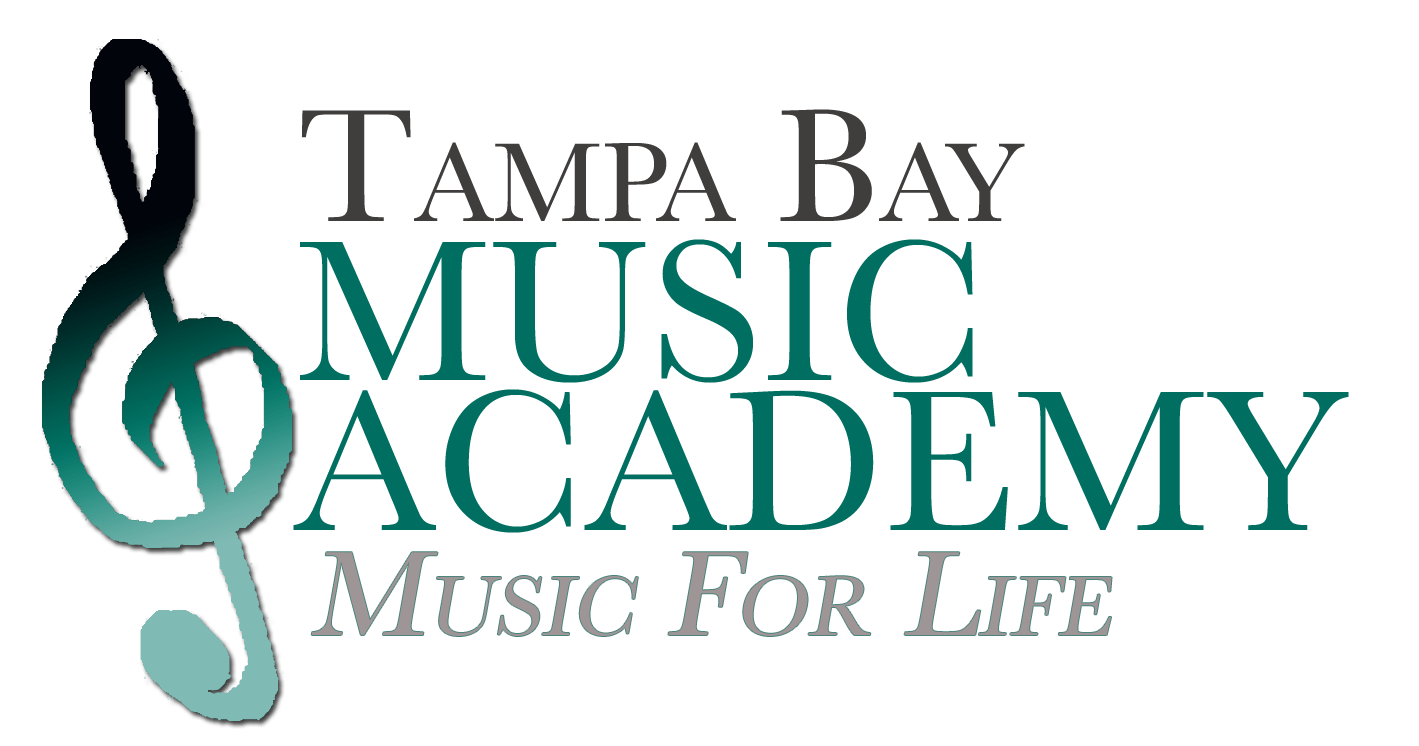Choosing an instrument can be a difficult task for a youngster. All those gleaming violins, guitars, and horns beckon, or maybe he has a friend who plays the cello or drums. Piano can seem boring. Everybody plays the piano. But the truth is that starting your child’s musical training with the piano can serve him well later on, no matter which instrument he ultimately wants to play. Learning the piano first helps your child:
- Learn to Read Music
The piano is one of only a few instruments that require the player to read multiple notes and multiple staves at the same time. Your child will learn how to read both treble and bass clef, a skill that will enable him to pick up almost any instrument he chooses later on without having to learn a whole new way of reading music. - Gain a Broad Foundation of Musical Theory
Playing the piano teaches students to identify chords, recognize key signatures and time signatures, read musical notations, and learn skills such as modulation and transposition. While these ideas can be learned while playing other instruments, they’re easier on the piano because the player sees the whole musical picture rather than just a single line. - Develop Fine Motor Skills
The precise movements required for playing the piano helps develop hand-eye coordination and build the tiny muscles in the fingers, making it possible to play more advanced music later on. Failing to develop these small muscles as a child can mean placing limits on musical potential down the road. - Develop Solid Rhythm and a Good Ear
The piano helps students develop a good ear by enabling them to hear how notes should sound in relation to one another without depending on player ability for intonation accuracy. The piano also allows for greater rhythmic diversity since multiple notes and lines of music can combine to form intricate rhythmic patterns. - Transfer Musical Knowledge to Other Instruments
We’ve already talked about this some, but all of the above skills will make learning another instrument later a much easier task. And as a bonus, musicians who learned the piano first can use that knowledge to pick out the melody on a new piece of music, hear accurate intervals, get a feel for the accompaniment on any given piece, and even compose.
In the interests of full disclosure, I’ll admit that I’m a pianist and am therefore prejudiced. But I’ve also played the flute for twenty years, and I’ve taken my share of voice lessons, so I can speak with experience when I say that my piano lessons helped me progress more quickly in other musical endeavors. For me, the choice for a child’s first instrument is easy. It’s piano, every time.
This is a TBMA original article written for our Tampa Bay Music Academy readership. If you find it to be helpful, we would love for you to re-post it on your blog. Please contact us first for permission. Visit our website home for information on finding a music teacher in Tampa, Odessa, Land O’ Lakes, Citrus Park, Westchase, New Port Richey, Lutz, Trinity, Keystone, or Tarpon Springs Florida who offers private piano lessons, guitar lessons, saxophone lessons, voice lessons, or music lessons in any other instrument proficiency category. TBMA teachers (piano, guitar, voice, woodwinds, brass, strings, percussion) pride themselves in a reputation for an uncompromising commitment to excellence and special care taken for every student. We remain absolutely committed to providing an outstanding enrollment experience beyond any other in the region. Call us today. We look forward to hearing from you!


Trackbacks/Pingbacks